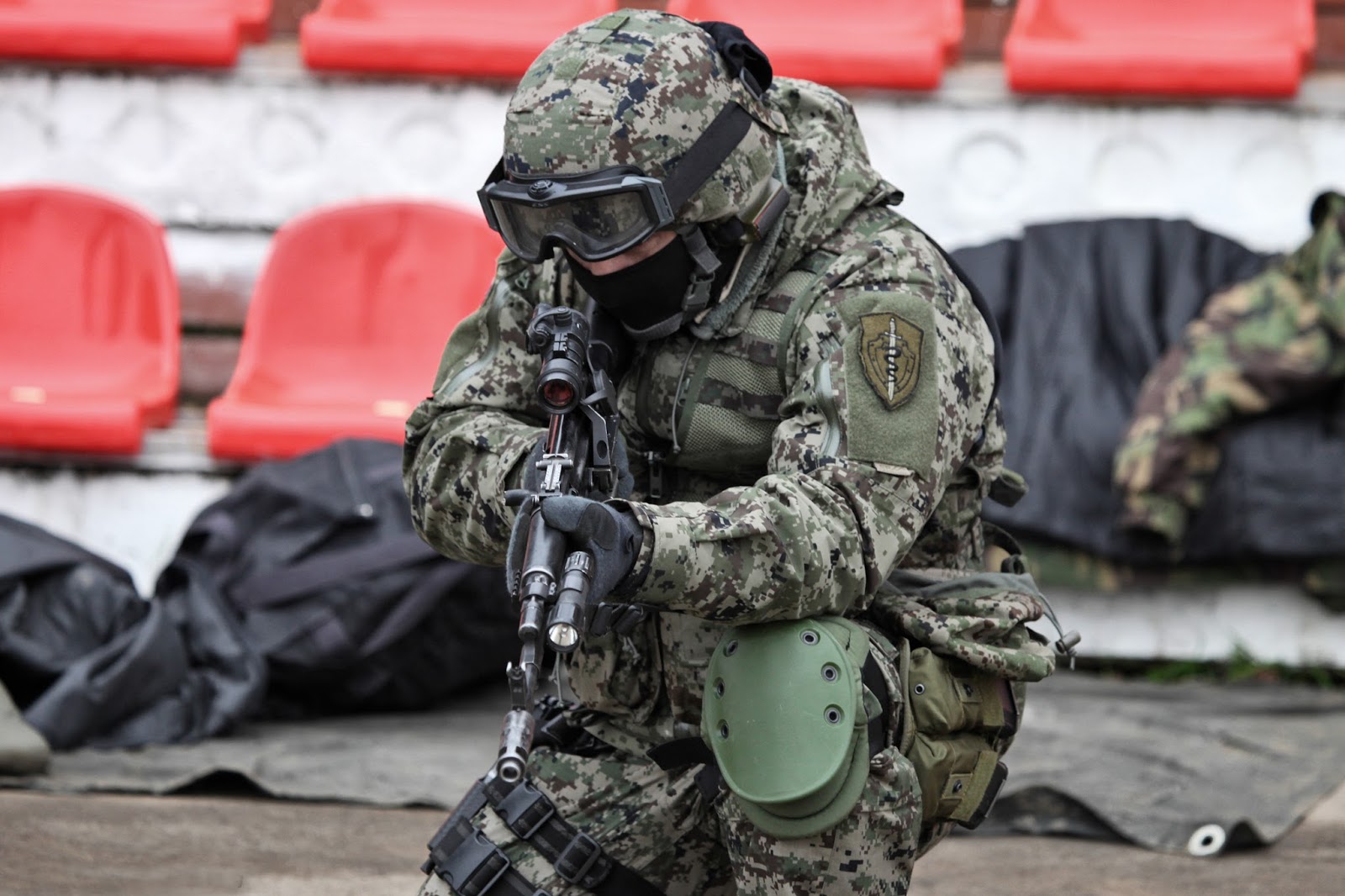Russia’s elite military units, including the renowned Spetsnaz, Naval Infantry, and Paratroopers (VDV), have faced significant losses in the context of the conflict in Ukraine. These losses have raised concerns about Russia’s military strategy, leadership, and overall operational effectiveness. The impact of these setbacks extends beyond immediate casualties, potentially affecting Russia’s capacity to respond to future conflicts and its ability to operate at previous levels of capability.
Leadership and planning are the contributing to the severe casualties among Russia’s elite units. Incompetent leadership, inadequate planning, and a lack of cohesive command structures are cited as key issues. The absence of non-commissioned officers (NCOs) and top-down micromanagement have reportedly led to decreased troop performance and overall strategic missteps.
Notably, elite units like the Naval Infantry, Spetsnaz, and VDV have suffered heavy losses. Specific examples, such as incidents in Vuhledar and Hostomel airport, highlight the challenges faced by these units. The tactical decisions to employ specialized units in roles for which they were ill-suited, such as naval infantry engaged in perplexed assaults and Spetsnaz units tasked with conventional infantry tactics, further exacerbated their difficulties.
The consequences of these losses could potentially echo for decades. The depletion of specialized troops is projected to have a long-term impact, affecting unit cohesion, training, and overall effectiveness. Rebuilding these elite units may take a substantial amount of time—potentially a decade or even longer. As a result, Russia’s premier military capabilities could be left vulnerable and without skilled leadership.
The failures of Russia’s elite units in Ukraine offer valuable lessons for Western military forces. Understanding the pitfalls of leading specialized units into disastrous situations and recognizing the importance of NCOs in maintaining unit cohesion are critical takeaways. These insights can be instrumental in planning and executing successful military operations.
If Russia’s elite naval infantry units are rendered combat-inoperable, their ability to respond to conflicts on other fronts, especially in the eastern borders of Asia, might be compromised. This could further strain Russia’s military capabilities and influence its global military posture.
*The views and opinions expressed on this website are solely those of the original authors and contributors. These views and opinions do not necessarily represent those of Spotter Up Magazine, the administrative staff, and/or any/all contributors to this site.

